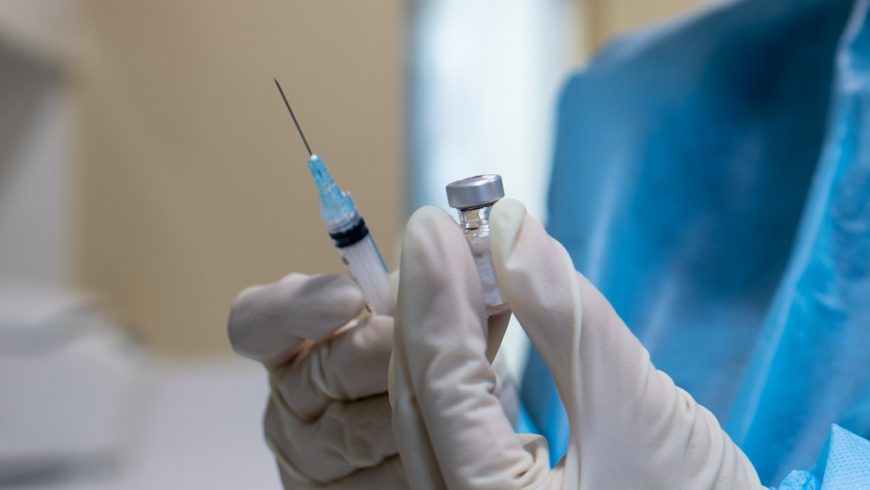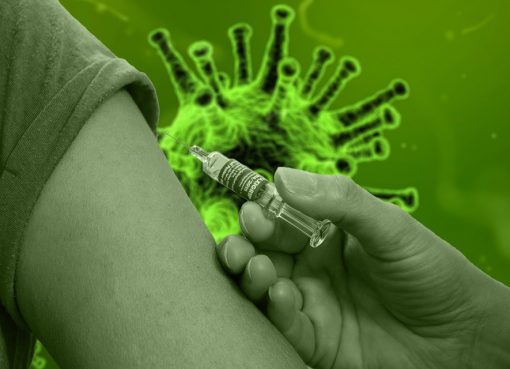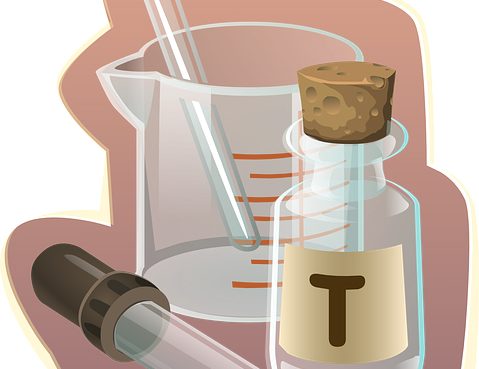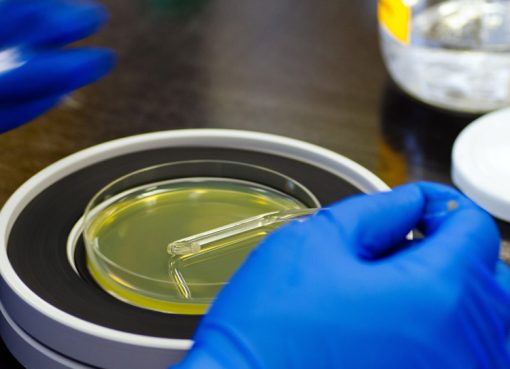Research Highlights
The most awaited day to end Malaria has arrived
Malaria is caused by Plasmodium group of parasites and it is one of the deadly infectious diseases of human transmitted by mosquitoes. Annually, more than 200 million cases and 400,000 deaths are reported worldwide. But after many decades of research, the day has now arrived to hit back malaria by using a potent vaccine candidate. Very recently the world’s first malaria vaccine RTS,S/AS01 (RTS,S) or Mosquirix was endorsed by WHO. It is a recombinant vaccine which consists of circumsporozoite protein (CSP) of P. falciparum fused with a surface antigen of hepatitis B and certain adjuvant. In children of age 5 months or above, it is given in a schedule of four doses. The pilot project that was conducted in three countries of Africa has shown that it possesses a strong safety profile. Although the efficacy of the vaccine is a bit low but it can reduce 40% of malaria cases and about 30% severe cases. In a study, it was observed that there was tremendous reduction in hospitalization (70.5%) and death (72.9%) in vaccinated children when treated with anti-malarial drug compared to the non-vaccinated children treated with only anti-malarial drug. Besides this, there is also another vaccine ‘R21/Matrix-M’ in clinical trial that has about 77% efficacy which is likely to hit the market by 2030.
Sources: 1. https://www.who.int/
- https://shstalon.com/2021/11/02/the-who-approves-first-ever-malaria-vaccine/
- https://en.wikipedia.org/wiki/Malaria_vaccine
- https://www.livescience.com/worlds-first-malaria-vaccine-recommended-who
The first DNA vaccine for mankind
COVID-19, the most devastating pandemic of the world, is in its run and the count for morbidity and mortality is still on. However, the world scientists are successful in producing potent and effective vaccines to combat COVID-19. Out of several vaccines approved for emergency use by various agencies of the world, the DNA vaccine is not an exception in the race for vaccines. Recently, the one and only DNA vaccine developed in India have got its approval from the Indian drug regulatory authority and it is the world’s first DNA vaccine to be used in human. The vaccine is named as ZyCoV-D which encodes the spike protein of SARS-CoV-2, developed by Zydus Cadila, an Indian pharmaceutical firm. The efficacy of the vaccine is about 67% which is to be administered in a three-dose schedule. This is a needle-free vaccine approved for 12 years and old individuals.
Source: 1. Nature 597, 161-162 (2021). doi: https://doi.org/10.1038/d41586-021-02385-x
Successful Xenotransplantation in Human
A team of surgeons and researchers from U.S. have successfully transplanted a pig kidney in to a human patient. The experiment was conducted at NYU Langone Health in New York City. It was observed that there was no immediate immunological tissue rejection by the recipient which is a break-through in the area of xenotransplantation, and this experiment has paved the future path to deal with shortage of organ donors. The pig kidney was attached for three days to the blood vessels of the recipient (a brain-death patient with kidney dysfunction) and the kidney produced normal urine that was expected from a human transplanted kidney, the kidney functions were almost normal and interestingly, the abnormal creatinine level of the recipient returned to normal. The kidney donor pig used in this study was a genetically modified pig ‘Galsafe’ developed by United Therapeutics Corp’s (UTHR.O), Revivicor unit. The Galsafe pig was approved by US FDA in 2020 to be used as food by individuals with meat allergy as well as it was also a source of human therapeutics.
Time to say goodbye to male infertility
Infertility is one of the major social issues as well as it is a global health issue. About 15% of the couples in the world have subfertility or infertility issues. Male infertility also shares a significant proportion to the global infertility cases. Infertility in male is caused by several factors such as genetic, environment etc. But with the introduction of assisted reproductive technologies (ART), the scientific communities are successful in solving many of the infertility and other reproductive health issues. The combination of ART and stem cell technology could further solve infertility related issues. In this regard, researchers from multi-institute have shown that functional sperm cells can be produced in dish using spermatogonial stem cells. The team has converted rhesus macaque monkey embryonic stem cells into immature sperm cells which could successfully fertilize eggs of rhesus macaque. The findings of this study will help in formulating better therapeutic regimen to combat male infertility in future.
Source: 1. https://www.fertstertscience.org/article/S2666-335X(21)00066-5/fulltext
Health beneficial bacteria present in feline
There are both harmful and beneficial bacteria that reside in animal and human body. Sometimes, bacteria found in one species may have beneficial effect in another species. Recently, researchers have found a bacterium in cat that has health benefits in other species. Staphylococcus bacteria are commonly encountered in skin infections in several species of animals which can also jump to human. One of such bug is the methicillin-resistant Staphylococcus pseudintermedius (MRSP) which causes severe eczema or atopic dermatitis in animals, particularly dogs and cats and occasionally it can infect human. MRSP is difficult to treat because of its resistance to many antibiotics. But fortunately, after screening several bacteria of dogs and cats, the researchers have identified and isolated a potent bacterial strain, Staphylococcus felis (S. felis) C4 from feline that has the ability to inhibit MRSP. Experiment conducted in laboratory mice has shown that S. felis C4 could significantly reduce colonization of MRSP in mice skin as well as extracts of S. felis C4 could decrease necrotic skin injury caused by MRSP infection. The antimicrobial property of this bacterium was due to thiopeptide bacteriocin micrococcin P1 and phenol-soluble modulin beta (PSMβ) peptides that are secreted by S. felis. Hence, living with cats carrying S. felis might be helpful for pet owners to have a healthy skin.
Source: 1. https://elifesciences.org/articles/66793




